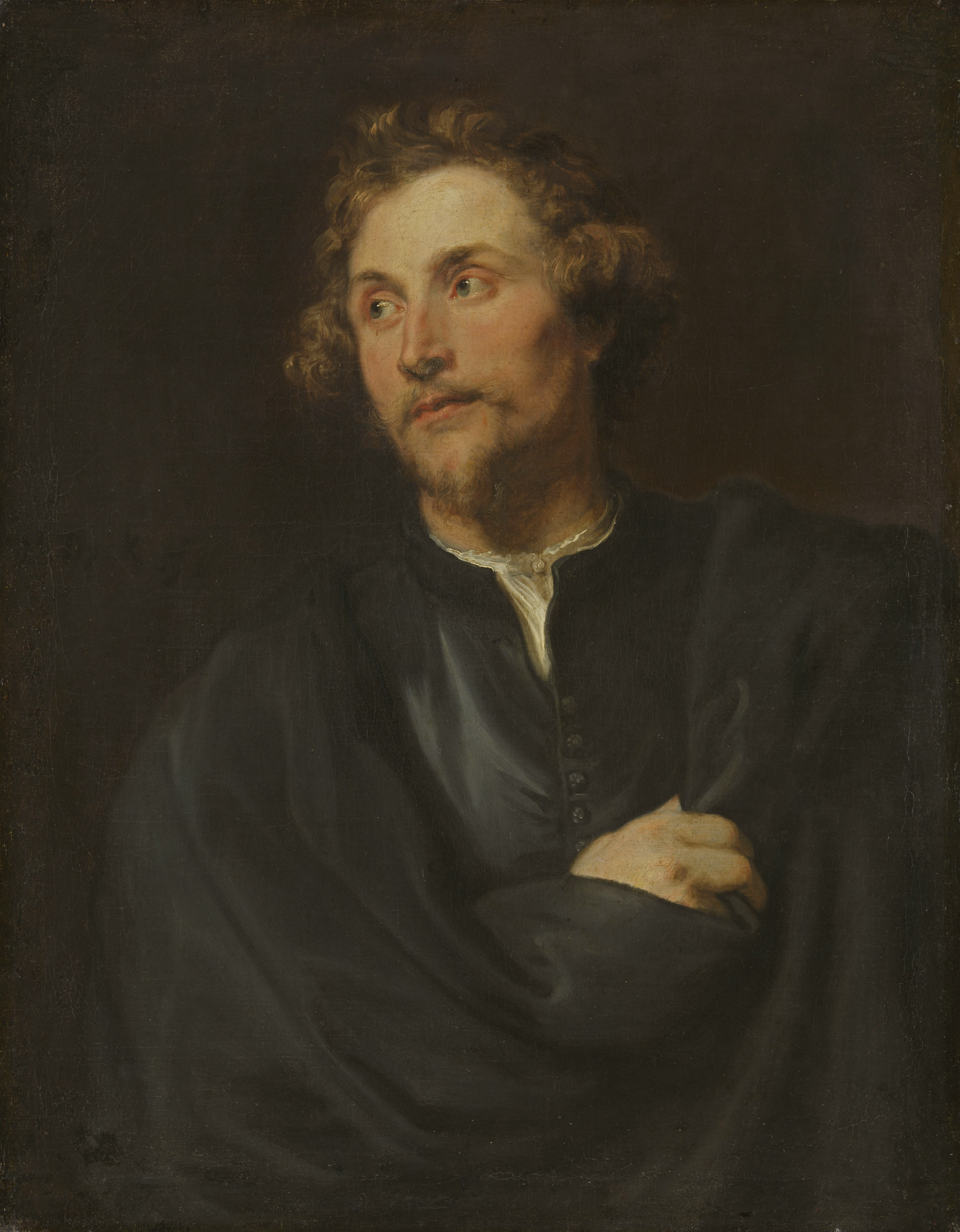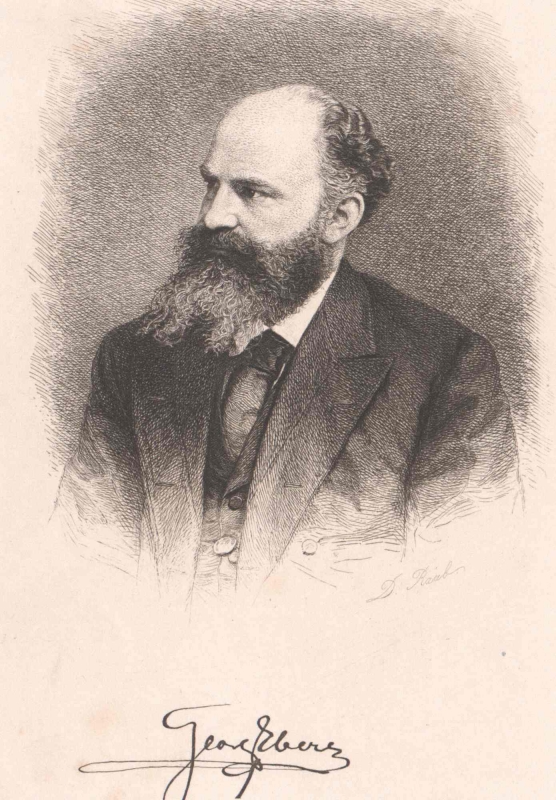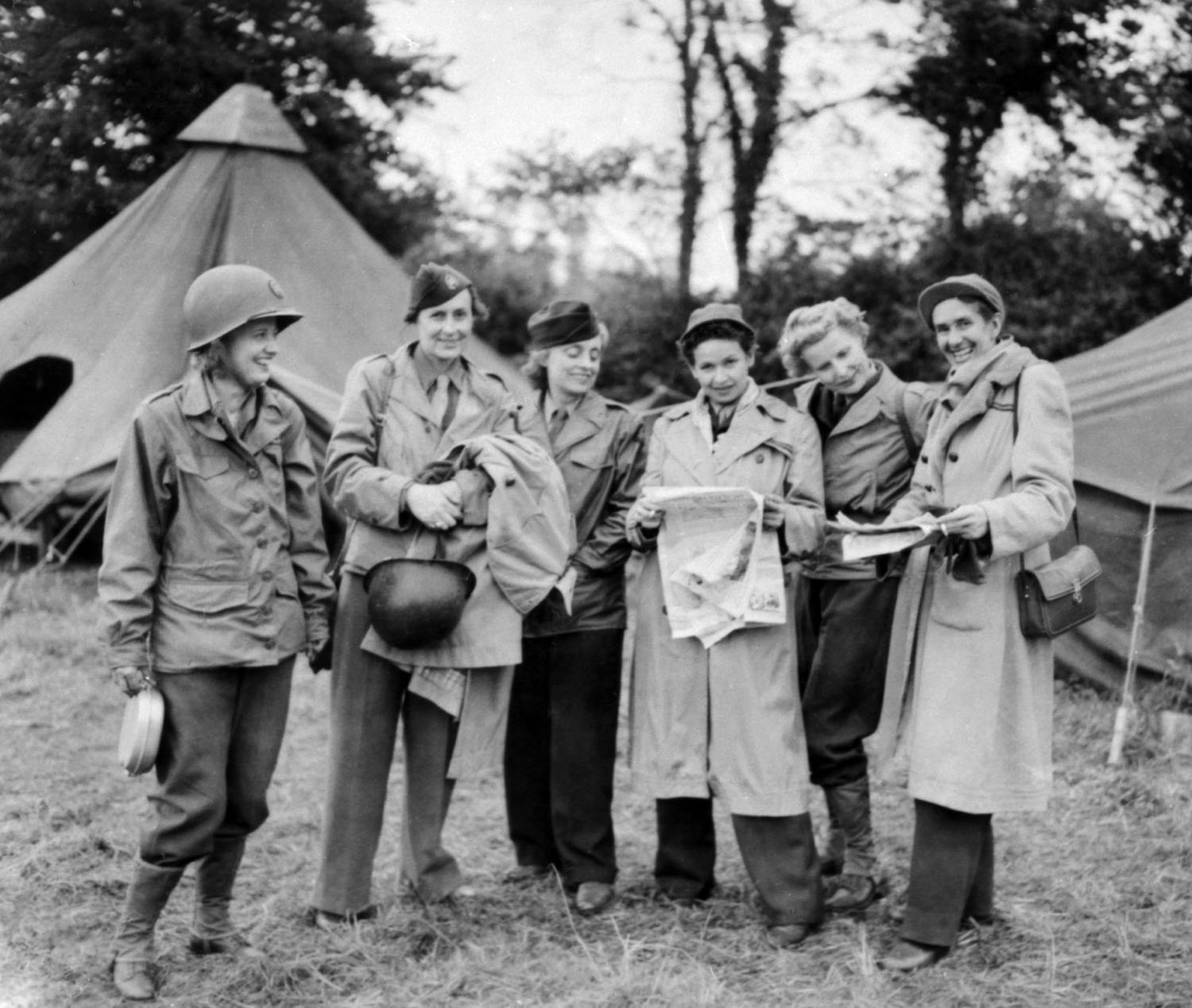|
Wilhelm Emanuel Süskind
Wilhelm Emanuel Süskind (10 June 1901, Weilheim - 17 April 1970, Tutzing) was a German writer, journalist and translator. Süskind was editorial journalist for politics with Süddeutsche Zeitung. Along with his own works he translated books into German, e.g. works of Tania Blixen or Herman Melville. Wilhelm Emanuel Süskind is the father of author Patrick Süskind (''Perfume'') and was a school day friend of Erika and Klaus Mann. Literary works * ''Vom ABC zum Sprachkunstwerk. Eine deutsche Sprachlehre für Erwachsene''; Düsseldorf 1960 * ''Aus dem Wörterbuch des Unmenschen'' (with Dolf Sternberger & Gerhard Storz); Hamburg (male), (female) en, Hamburger(s), Hamburgian(s) , timezone1 = Central (CET) , utc_offset1 = +1 , timezone1_DST = Central (CEST) , utc_offset1_DST = +2 , postal ... 1968 (3rd edition) 1901 births 1970 deaths German male writers {{Germany-writer-stub ... [...More Info...] [...Related Items...] OR: [Wikipedia] [Google] [Baidu] |
Weilheim In Oberbayern
Weilheim in Oberbayern (English: 'Weilheim in Upper Bavaria') is a town in Germany, the capital of the district Weilheim-Schongau in the south of Bavaria. Weilheim has an old city-wall, historic houses and a museum. Local history Up to the 18th century The oldest traces of human settlement date back to the Bronze AgeBernhard Wöll (Stadtarchiv Weilheim i. OB): ''Jubiläums-Chronik'' der Stadt Weilheim, anlässlich der 1000-jährigen erstmaligen urkundlichen Erwähnung im Jahr 1010 von Weilheim und Polling, Herausgeber: Stadt Weilheim i. OB 2010. and there were grave finds from the Late Roman era. The name Weilheim is interpreted as a home to the Roman villas (land estates). There are, however, several other theories for the roots of the name. Upper Bavaria came in Roman hands through commander Drusus.Sonderbeilage des Weilheimer Tagblattes anlässlich der 1000-jährigen erstmaligen urkundlichen Erwähnung der Orte Polling und Weilheim 16 April 2010, page 4. The Romans built "V ... [...More Info...] [...Related Items...] OR: [Wikipedia] [Google] [Baidu] |
Tutzing
Tutzing is a municipality in the district of Starnberg in Bavaria, Germany, on the west bank of the Starnberger See. Just 40 km south-west of Munich and with good views of the Alps, the town was traditionally a favorite vacation spot for those living in the city. In 1873 Johannes Brahms spent four summer months in Tutzing, completing his String Quartets Opus 51 and writing the Haydn Variations. A small lakeside park is dedicated to him, and a plaque stands near the large house where he lived and worked. The town of 10,000 is home to many commuters to Munich, as well as to retirees. Tutzing station is both a terminus of Munich's S-Bahn rail network and a regional train hub serving Innsbruck, Mittenwald, Garmisch-Partenkirchen, Reutte, Kochel and Oberammergau. Tutzing is equipped with regional hospitaland various clinics. It hosts the conference centre Evangelische Akademie Tutzing, founded in 1947. Tourists and cyclists continue to visit, often while circling the lake or ... [...More Info...] [...Related Items...] OR: [Wikipedia] [Google] [Baidu] |
Süddeutsche Zeitung
The ''Süddeutsche Zeitung'' (; ), published in Munich, Bavaria, is one of the largest daily newspapers in Germany. The tone of SZ is mainly described as centre-left, liberal, social-liberal, progressive-liberal, and social-democrat. History On 6 October 1945, five months after the end of World War II in Germany, the ''SZ'' was the first newspaper to receive a license from the US military administration of Bavaria. Thfirst issuewas published the same evening, allegedly printed from the same (repurposed) presses that had printed ''Mein Kampf''. The first article begins with: Declines in ad sales in the early 2000s was so severe that the paper was on the brink of bankruptcy in October 2002. The Süddeutsche survived through a 150 million euro investment by a new shareholder, a regional newspaper chain called Südwestdeutsche Medien. Over a period of three years, the newspaper underwent a reduction in its staff, from 425 to 307, the closing of a regional edition in Düsseldor ... [...More Info...] [...Related Items...] OR: [Wikipedia] [Google] [Baidu] |
German Language
German ( ) is a West Germanic languages, West Germanic language mainly spoken in Central Europe. It is the most widely spoken and Official language, official or co-official language in Germany, Austria, Switzerland, Liechtenstein, and the Italy, Italian province of South Tyrol. It is also a co-official language of Luxembourg and German-speaking Community of Belgium, Belgium, as well as a national language in Namibia. Outside Germany, it is also spoken by German communities in France (Bas-Rhin), Czech Republic (North Bohemia), Poland (Upper Silesia), Slovakia (Bratislava Region), and Hungary (Sopron). German is most similar to other languages within the West Germanic language branch, including Afrikaans, Dutch language, Dutch, English language, English, the Frisian languages, Low German, Luxembourgish, Scots language, Scots, and Yiddish. It also contains close similarities in vocabulary to some languages in the North Germanic languages, North Germanic group, such as Danish lan ... [...More Info...] [...Related Items...] OR: [Wikipedia] [Google] [Baidu] |
Tania Blixen
Baroness Karen Christenze von Blixen-Finecke (born Dinesen; 17 April 1885 – 7 September 1962) was a Danish author who wrote works in Danish and English. She is also known under her pen names Isak Dinesen, used in English-speaking countries, Tania Blixen, used in German-speaking countries, Osceola, and Pierre Andrézel. Blixen is best known for ''Out of Africa'', an account of her life while living in Kenya, and for one of her stories, ''Babette's Feast'', both of which have been adapted into Academy Award–winning motion pictures. She is also noted, particularly in Denmark, for her ''Seven Gothic Tales''. Among her later stories are ''Winter’s Tales'' (1942), ''Last Tales'' (1957), ''Anecdotes of Destiny'' (1958) and ''Ehrengard'' (1963). Blixen was considered several times for the Nobel Prize in Literature, but it wasn't awarded because judges were reportedly concerned about showing favoritism to Scandinavian writers, according to Danish reports. Biography Early l ... [...More Info...] [...Related Items...] OR: [Wikipedia] [Google] [Baidu] |
Herman Melville
Herman Melville (Name change, born Melvill; August 1, 1819 – September 28, 1891) was an American people, American novelist, short story writer, and poet of the American Renaissance (literature), American Renaissance period. Among his best-known works are ''Moby-Dick'' (1851); ''Typee'' (1846), a romanticized account of his experiences in Polynesia; and ''Billy Budd, Billy Budd, Sailor'', a posthumously published novella. Although his reputation was not high at the time of his death, the 1919 centennial of his birth was the starting point of a #Melville revival and Melville studies, Melville revival, and ''Moby-Dick'' grew to be considered one of the great American novels. Melville was born in New York City, the third child of a prosperous merchant whose death in 1832 left the family in dire financial straits. He took to sea in 1839 as a common sailor on a merchant ship and then on the whaler ''Acushnet'', but he jumped ship in the Marquesas Islands. ''Typee'', his first b ... [...More Info...] [...Related Items...] OR: [Wikipedia] [Google] [Baidu] |
Patrick Süskind
Patrick Süskind (; born 26 March 1949) is a German writer and screenwriter, known best for his novel '' Perfume: The Story of a Murderer'', first published in 1985. Early life Süskind was born in Ambach, Bavaria. His father was writer and journalist Wilhelm Emanuel Süskind, who worked for the newspaper ''Süddeutsche Zeitung'' and is famous as the co-author of the well-known publication ''Aus dem Wörterbuch des Unmenschen'' (''From the Dictionary of an Inhuman''), a critical collection of essays concerning the language of the Nazi era. Patrick Süskind went to school in Holzhausen, a small Bavarian village. His mother worked as a sports trainer; his older brother Martin E. Süskind is also a journalist. Süskind has many relatives from the aristocracy in Württemberg, making him one of the descendants of the exegete Johann Albrecht Bengel and of the reformer Johannes Brenz. After his qualification testing for university and his mandatory community service, he studied medie ... [...More Info...] [...Related Items...] OR: [Wikipedia] [Google] [Baidu] |
Perfume (book)
''Perfume: The Story of a Murderer'' (german: Das Parfum: Die Geschichte eines Mörders ) is a 1985 literary historical fantasy novel by German writer Patrick Süskind. The novel explores the sense of smell and its relationship with the emotional meanings that scents may have. The story follows Jean-Baptiste Grenouille, an unloved orphan in 18th-century France who is born with an exceptional sense of smell, capable of distinguishing a vast range of scents in the world around him. Grenouille becomes a perfumer but later becomes involved in murder when he encounters a young girl with an unsurpassed wondrous scent. With translations into 49 languages and more than 20 million copies sold worldwide to date, ''Perfume'' is one of the best-selling German novels of the 20th century.Pressedossier ''Patrick Süskind''. Diogenes Verlag Zürich, Stand November 2012 The title remained in bestseller lists for about nine years and received almost unanimously positive national and international ... [...More Info...] [...Related Items...] OR: [Wikipedia] [Google] [Baidu] |
Erika Mann
Erika Julia Hedwig Mann (9 November 1905 – 27 August 1969) was a German actress and writer, daughter of the novelist Thomas Mann. Erika lived a bohemian lifestyle in Berlin and became a critic of National Socialism. After Hitler came to power in 1933, she moved to Switzerland, and married the poet W. H. Auden, purely to obtain a British passport and so avoid becoming stateless when the Germans cancelled her citizenship. She continued to attack Nazism, most notably with her 1938 book ''School for Barbarians'', a critique of the Nazi education system. During World War II, Mann worked for the BBC and became a war correspondent attached to the Allied forces after D-Day. She attended the Nuremberg trials before moving to America to support her exiled parents. Her criticisms of American foreign policy led to her being considered for deportation. After her parents moved to Switzerland in 1952, she also settled there. She wrote a biography of her father and died in Zurich in 1969. Bi ... [...More Info...] [...Related Items...] OR: [Wikipedia] [Google] [Baidu] |
Klaus Mann
Klaus Heinrich Thomas Mann (18 November 1906 – 21 May 1949) was a German writer and dissident. He was the son of Thomas Mann, a nephew of Heinrich Mann and brother of Erika Mann, with whom he maintained a lifelong close relationship, and Golo Mann. He is well known for his 1936 novel, ''Mephisto''. Background Born in Munich, Klaus Mann was the son of German writer Thomas Mann and his wife, Katia Pringsheim. His father was baptized as a Lutheran, while his mother was from a family of secular Jews. Career Mann began writing short stories in 1924 and the following year became drama critic for a Berlin newspaper. His first literary works were published in 1925. Mann's early life was troubled. His homosexuality often made him the target of bigotry, and he had a difficult relationship with his father. After only a short time in various schools, he traveled with his sister Erika Mann, a year older than himself, around the world, visiting the U.S. in 1927; they reported on the t ... [...More Info...] [...Related Items...] OR: [Wikipedia] [Google] [Baidu] |
Düsseldorf
Düsseldorf ( , , ; often in English sources; Low Franconian and Ripuarian: ''Düsseldörp'' ; archaic nl, Dusseldorp ) is the capital city of North Rhine-Westphalia, the most populous state of Germany. It is the second-largest city in the state and the seventh-largest city in Germany, with a population of 617,280. Düsseldorf is located at the confluence of two rivers: the Rhine and the Düssel, a small tributary. The ''-dorf'' suffix means "village" in German (English cognate: ''thorp''); its use is unusual for a settlement as large as Düsseldorf. Most of the city lies on the right bank of the Rhine. Düsseldorf lies in the centre of both the Rhine-Ruhr and the Rhineland Metropolitan Region. It neighbours the Cologne Bonn Region to the south and the Ruhr to the north. It is the largest city in the German Low Franconian dialect area (closely related to Dutch). Mercer's 2012 Quality of Living survey ranked Düsseldorf the sixth most livable city in the world. Düsse ... [...More Info...] [...Related Items...] OR: [Wikipedia] [Google] [Baidu] |
Dolf Sternberger
Dolf Sternberger (originally ''Adolf Sternberger''; 28 July 1907 in Wiesbaden – 27 July 1989 in Frankfurt/Main) was a German philosopher and political scientist at the University of Heidelberg. Dolf Sternberger is known for his concept of citizenship in contemporary German political thought, and for coining the term "constitutional patriotism" (''Verfassungspatriotismus'') in 1979, on the occasion of the 30th anniversary of the Federal Republic of Germany.Jan-Werner Muller''Constitutional Patriotism'' Princeton University Press, 2008, p. 21. Notes References * Bernhard Vogel Bernhard Vogel (; born 19 December 1932) is a German politician of the Christian Democratic Union (CDU). He was the 4th Minister President of Rhineland-Palatinate from 1976 to 1988 and the 2nd Minister President of Thuringia from 1992 to 2003. ...: ''Dolf Sternberger und die Politische Wissenschaft''. Heidelberg 2008. External links * "Sprachkritik", Nazism, and the German Conscience: the Caree ... [...More Info...] [...Related Items...] OR: [Wikipedia] [Google] [Baidu] |









